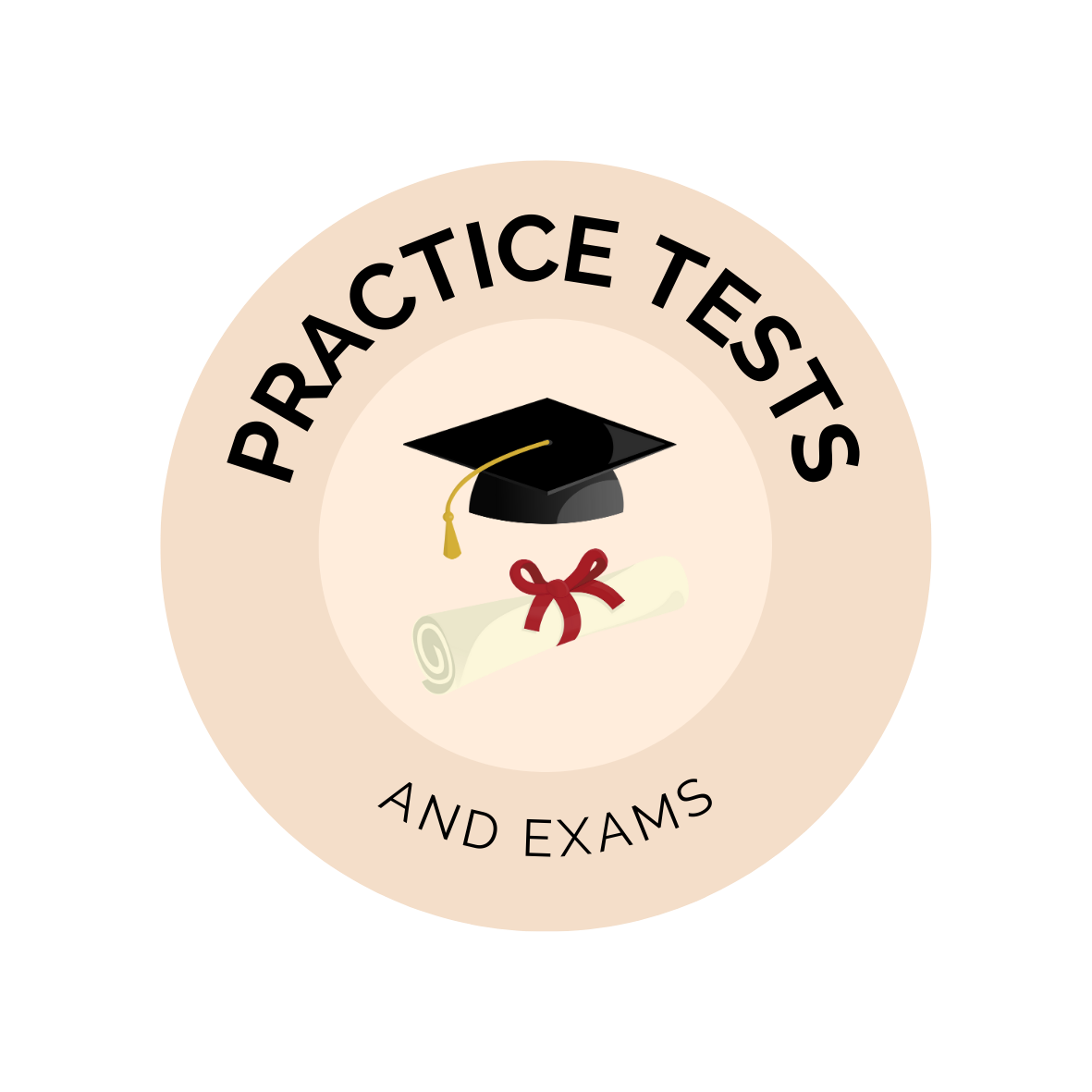A Guide to Context Clues in Reading Comprehension
Understanding what we read is like solving a puzzle. Imagine you're in a world of words, and sometimes you come across ones you don't know. How do you make sense of them? That's where context clues come in handy—they're like secret hints hidden in the sentences.
Keep reading to find out how context clues can help you understand new words better.
The Importance of Context Clues
Authors want us to figure out what unknown words mean by looking at the words around them. It's important to see how writers cleverly put these hints in the text. This skill helps readers independently understand new words, which is an important part of really getting what a text is about.
Types of Context Clues
1. Word Parts
Analyze words by breaking them into their components—base word (word stem or root word), prefixes, and suffixes—to discern their meanings.
For instance, consider the word "unhappiness," where "un-" is the prefix, "happi-" is the base word and "-ness" is the suffix.
2. Definition/Explanation
When you want to understand a word, just look for a meaning or explanation in the sentence.
For example, in the sentence "Eating ice cream always brings her happiness," the word "happiness" means the good feeling she gets from eating ice cream.
3. Synonym
Here's the idea: If there's a word you don't know, check the words around it—they might be similar and give you a clue.
For example, in the sentence "The cat was very agile, quickly darting around the room," the word "agile" has a similar meaning to "quickly moving.
4. Antonym/Contrast
Here's the concept: When you're not sure about a word, pay attention to words that show opposites or differences nearby.
For instance, in the sentence "Unlike the sunny morning, the evening was cold and rainy," the word "unlike" signals a contrast, telling us that the evening was the opposite of the sunny morning.
5. Analogy
The concept is to use comparisons to figure out the meaning of a word. For example, if you're unsure about the word "meticulous," you might see a sentence like "She was meticulous in her work, just like a painter paying attention to every detail in a masterpiece."
In this case, the word "meticulous" is compared to the careful attention to detail that a painter gives to a masterpiece.
6. Appositive
Here's the concept: Check for appositives in a sentence; they can offer a definition, synonym, or example.
For instance, in the sentence "My friend, an expert in biology, explained the concept to me," the appositive "an expert in biology" provides additional information about the friend, helping to understand their knowledge in that field.
Practical Strategies for Success
To internalize context clues, students can engage in activities such as using graphic organizers and completing short writing tasks. These strategies not only make learning engaging but also promote active use of the words in speaking and writing.
Final Words
Sometimes, authors don't give hints about words in their writing because they think readers already know what the words mean. But when these hints are there, teaching students how to use them helps them understand what they're reading even better.
We encourage you to explore our resources, like skill builders, that can help you improve your reading comprehension skills.
Good luck!





0 comments